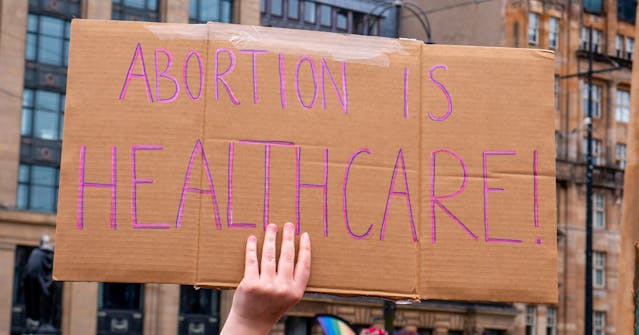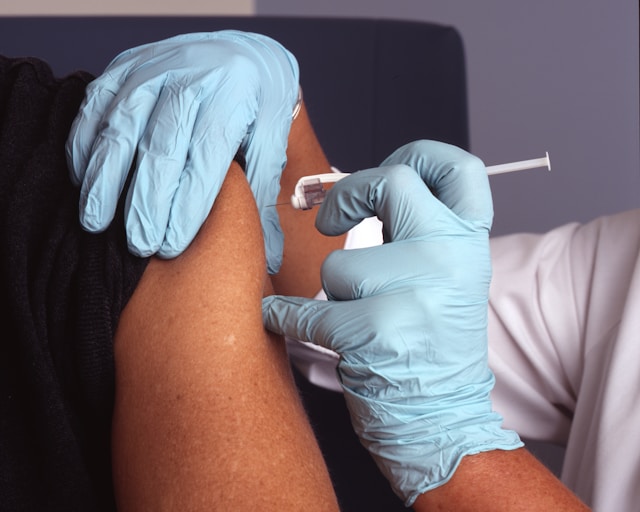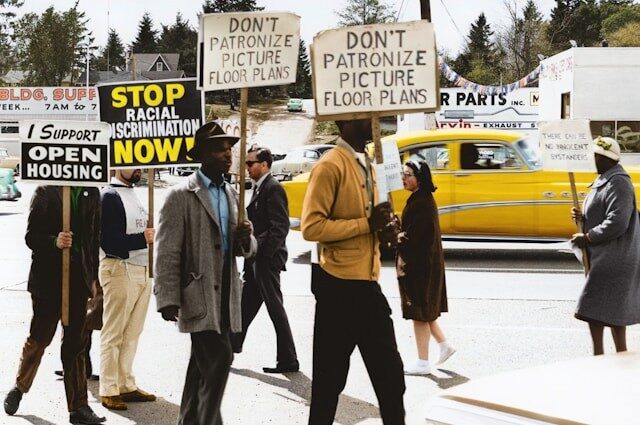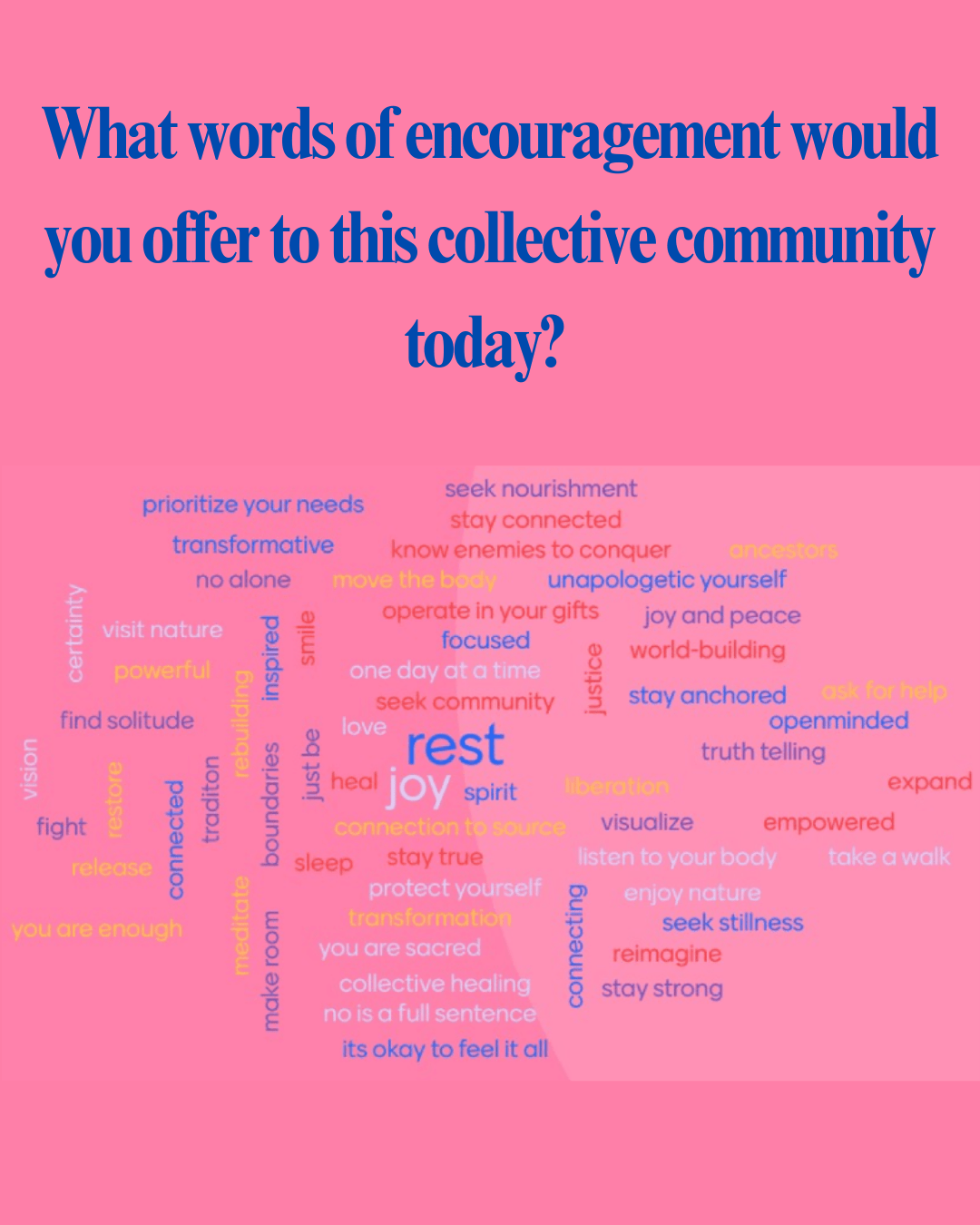
by Julia Angwin, Jeff Larson, Surya Mattu and Lauren Kirchner, ProPublica
There’s software used across the country to predict future criminals. And it’s biased against blacks.
On a Spring afternoon in 2014, Brisha Borden was running late to pick up her god-sister from school when she spotted an unlocked kid’s blue Huffy bicycle and a silver Razor scooter. Borden and a friend grabbed the bike and scooter and tried to ride them down the street in the Fort Lauderdale suburb of Coral Springs.
Just as the 18-year-old girls were realizing they were too big for the tiny conveyances — which belonged to a 6-year-old boy — a woman came running after them saying, “That’s my kid’s stuff.” Borden and her friend immediately dropped the bike and scooter and walked away.
But it was too late — a neighbor who witnessed the heist had already called the police. Borden and her friend were arrested and charged with burglary and petty theft for the items, which were valued at a total of $80.
Compare their crime with a similar one: The previous summer, 41-year-old Vernon Prater was picked up for shoplifting $86.35 worth of tools from a nearby Home Depot store.
Prater was the more seasoned criminal. He had already been convicted of armed robbery and attempted armed robbery, for which he served five years in prison, in addition to another armed robbery charge. Borden had a record, too, but it was for misdemeanors committed when she was a juvenile.
Yet something odd happened when Borden and Prater were booked into jail: A computer program spat out a score predicting the likelihood of each committing a future crime. Borden — who is black — was rated a high risk. Prater — who is white — was rated a low risk. (Read more)








